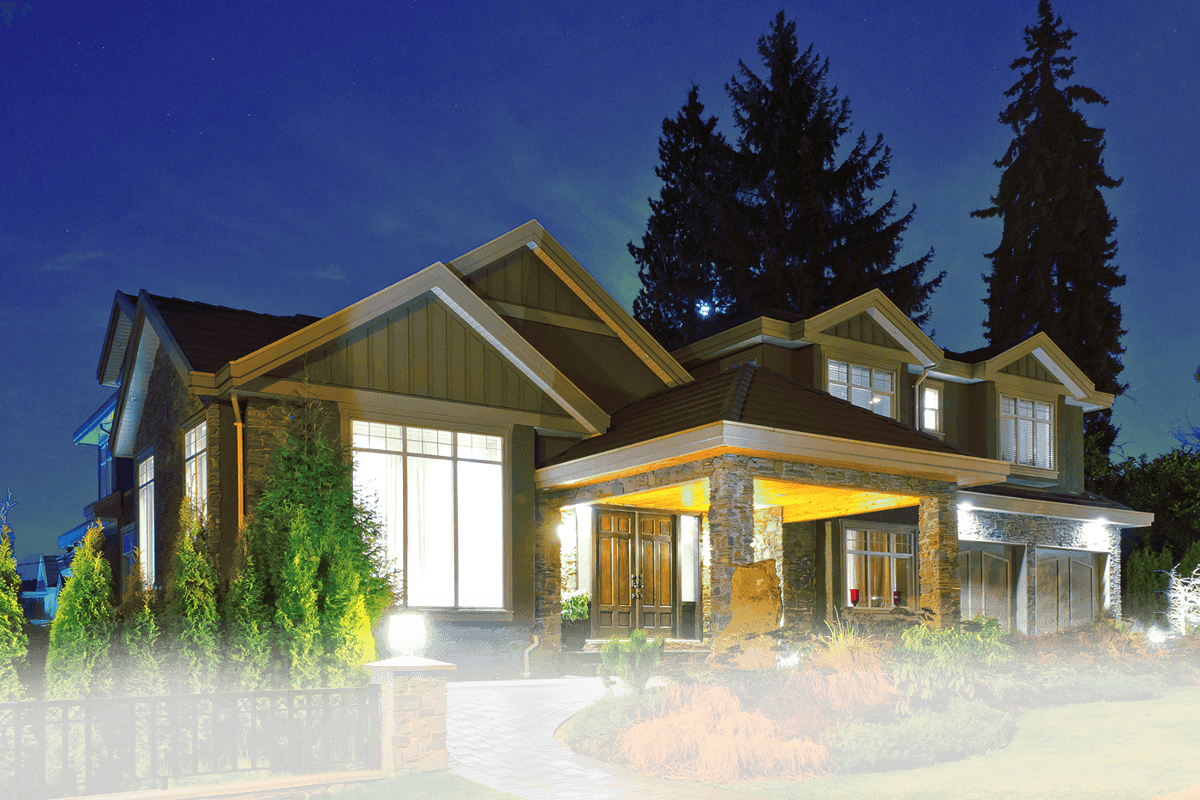 Why are you buying this property?
Why are you buying this property?There are three main reasons to invest in real estate in the Vancouver area: owning a property as an investment, generating a source of income and speculating for a quick win. Timing is everything when it comes to speculation. If you are lucky to catch the market in an upswing you’ll make some easy cash, however, invest at the wrong time and you are more than likely going to lose some money. Properties are a little different when it comes time to getting out, you might have to wait for the market to settle before you are able to sell your home. Over the past 5 years, prices for detached homes have risen by 39% in the Vancouver area. While the price growth is good, it might be hard to catch the market in a low and only sit on the property for a short term gain. Rather it is best to focus on a long term cash flow, especially when it comes to renting your property. Being an investor can be one of the smarter ways to benefit from owning a property.
Be Financially Ready
Buying a rental property isn’t like shopping for your principal residence. Rental properties require at least a 20 per cent down payment. Rental properties are also considered to be riskier properties, so you might have a higher borrowing rate and stricter qualifications, compared to buying a home. You must also think about the other monthly expenses related to owning a rental property. When you are thinking about getting a rental property, do you have enough to stay in it? Would you be able to keep the property if a major repair were to occur or if interest rates were to rise? Ideally, you should have resources set aside in advance for any bumps along the way you may encounter.
Positive Cash Flow is Key
Once you know what you can purchase, it’s time to determine what income your rental property can produce. Look at the local markets, as this will help you determine how much rent you can charge. areas like Metro Vancouver, the potential for regular rent increases gives your income a good chance of keeping up with inflation. Areas like Vancouver, Richmond and the North Shore have traditionally seen low vacancy rates which makes these areas some of the tightest rental markets in the province. When you are looking, start with your expected annual income then deduct all the expenses related to that rental property. By the end of it, you should have a positive cash flow and this should be a sufficient amount to make the rental property worth it.
Determine How Interactive You Will Be
How willing will you be when it comes to hands-on activities, like dealing with paperwork or the tenants themselves. You can always choose to hire a property manager, of course doing this will cut into your profits, so choose wisely.
Do Your Research
Look at economic factors and determine if it is worth it to buy a rental property. Next, look at the infrastructure of the areas and if they would be appealing to tenants. If you plan on managing the property, can you get to it easily? Just like any other investments, it is always best to do your research, determine the amount of risk you are willing to take on and finally understand all the costs involved.